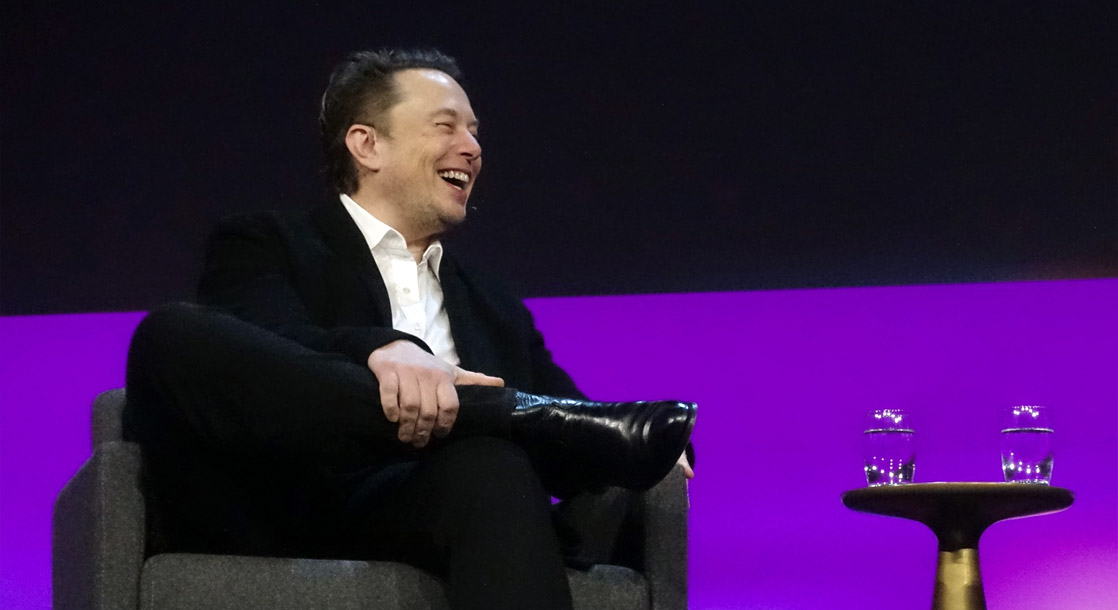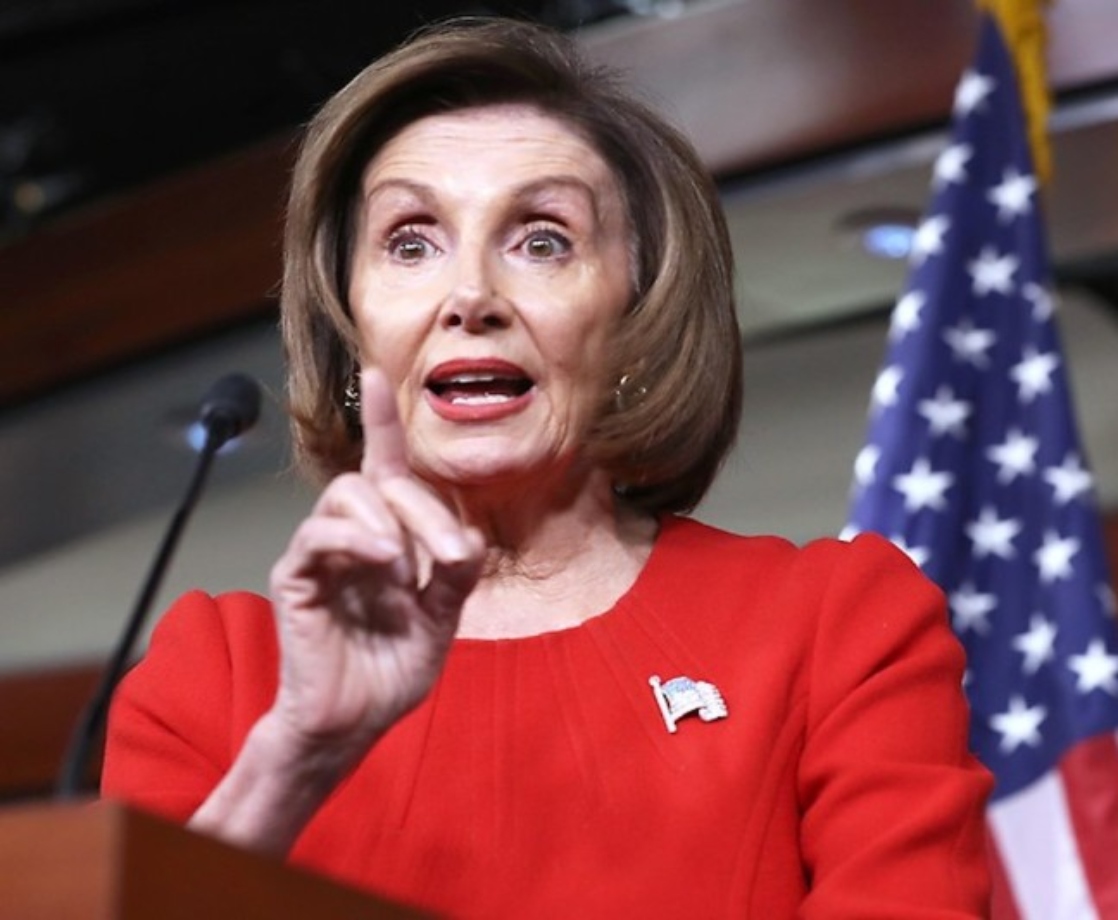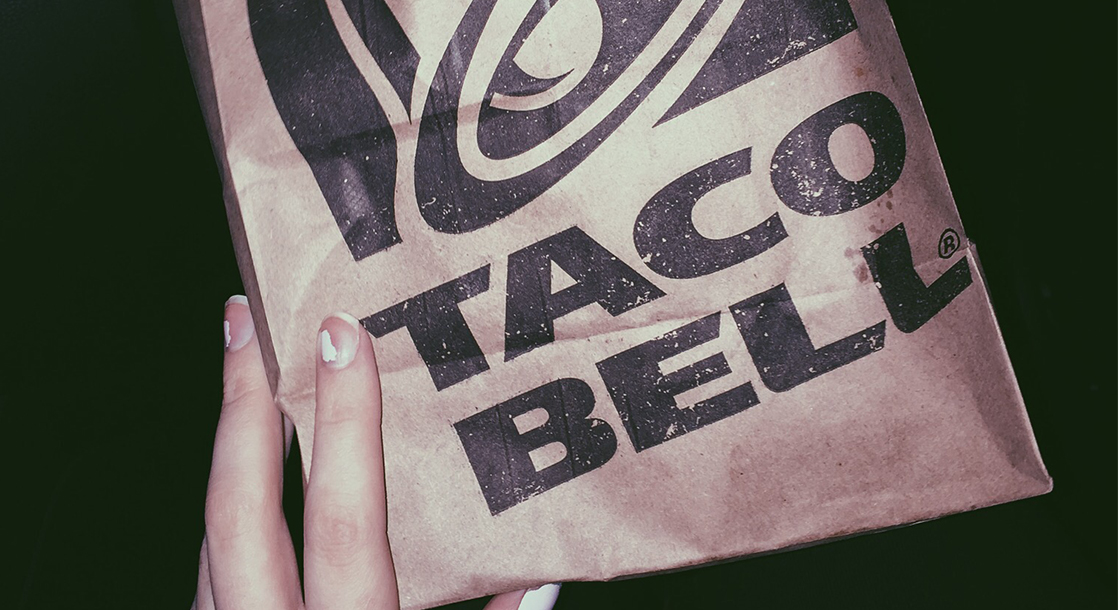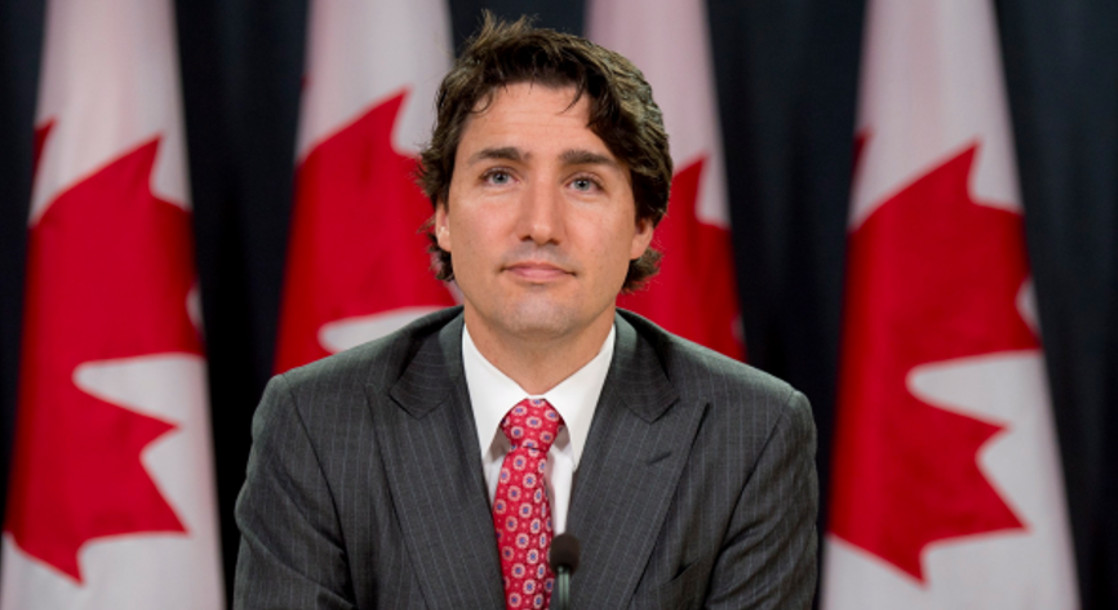Last Friday, Elon Musk tweeted his full support for psychedelic and MDMA therapies, especially for treating depression and PTSD.
The Tesla and SpaceX CEO’s lukewarm hot take came in response to a tweet by Doug Drysdale, the CEO of the psychedelic therapeutics company Cybin Inc.
“Have you looked at the pharmacoeconomic potential of psychedelics to massively reduce the $2.5T cost of mental health? Wall Street is missing out,” Drysdale tweeted to the host of CNBC’s Mad Money, Jim Cramer.
Have you looked at the pharmacoeconomic potential of psychedelics to massively reduce the $2.5T cost of mental health? Wall Street is missing out.
— Doug Drysdale (@insidepharma) June 10, 2022
That’s when Musk jumped in. “Psychedelics and MDMA can make a real difference to mental health, especially for extreme depression and PTSD,” the world’s wealthiest man wrote. “We should take this seriously.”
Psychedelics and MDMA can make a real difference to mental health, especially for extreme depression and PTSD. We should take this seriously.
— Elon Musk (@elonmusk) June 10, 2022
This isn’t the first time Musk has commented on the benefits of psychedelics therapies, either. Last October, during a tech conference panel in Los Angeles, he backed the pursuit of trippiness when Ronan Levy, who’s the CEO of another psychedelic therapy company, Field Trip, asked Musk about whether we should address humanity’s destructive impulses before sending people to Mars.
“What role do think psychedelics may have in addressing some of the more destructive tendencies of humanity?” Levy asked Musk.
“I think, generally, people should be open to psychedelics,” Musk replied, to light applause and a random yeah from someone in the audience. “A lot of people making laws are from a different era. As a new generation gets into political power, I think we will see greater receptivity to the benefits of psychedelics.”
Unsatisfied with Musk’s non-insightful answer, Levy asked the question again, but from a slightly different angle, “Do humanity’s tendencies right now concern you?”
Musk responded: Humanity’s tendencies … Well, we are at a very peaceful moment in history. So, you’ve got to separate the news headlines from the reality.
Citing psychologist Steven Pinker, he continued, “We’re actually at the lowest violence per capita in human history. It may not seem like that, but objectively, those are the statistics. That’s not the say that there isn’t violence … but it’s actually quite good.”
Musk added that despite things being relatively “quite good” right now, humanity should still optimize and maximize our chances survival in the future. And, apparently, psychedelics play a role in that, as far as he’s concerned.
So, let’s take a look at why psychedelics may, indeed, be the future of medicine.
PTSD, or post-traumatic stress disorder, is a devasting illness. There’s no known cure, and treatments only help the most fortunate patients remain functional on the day to day basis. For the patients hit hardest by PTSD, treatments, at best, may only stop them from preventing suicide (and treatments aren’t always successful there, either).
Roughly one out of every four PTSD patients will attempt suicide at least once. At any given time, nearly one out of three PTSD patients is at risk of suicide. It’s an illness where everyone, from the average person on the street to the big pharmaceutical fat cats, would benefit if it could be cured.
Among psychedelic therapies, there is one drug that shows promise as a tried-and-true cure for PTSD, not merely a treatment. Recent, FDA-approved studies have shown that MDMA, otherwise known as ecstasy or molly on the streets, can, in nearly 50% of all cases, effectively cure PTSD with just a few controlled, carefully guided therapy sessions. These sessions don’t take place in nightclubs or at music festivals, either. They take place at psychotherapy clinics, under close monitoring of trained medical professionals.
And here’s the kicker: So far, it seems like MDMA’s effects on PTSD are permanent. Even if they’re not, they seem to last for years.
While most cynical folks would argue there’s more money to be made off keeping everyone mentally ill, that may only be partially true. Two separate marketing research firms, independently, estimated that the global mental health market would be worth about half a trillion dollars by 2030. That’s more than double Musk’s estimated net worth right now.
However, there are other costs associated with mental illness which are far more common, and pervasive, than the costs of receiving health care. Nearly every study on society’s total economic costs from dealing with mental illness, or the indirect costs, are way, way higher than any projected market size for treating mental illness.
Consider that most people living with mental illness may find it difficult to hold down a job. They may end up in the courts for simply acting out at the wrong time. Or they may be unable to maintain a stable marriage (or any other relationship, for that matter). Those fallouts all compound into additional costs for society as a whole, and quite frankly, it’s really not worth it.
In fact, one analysis from the medical journal The Lancet estimated the total social cost for mental illness would be a whopping $16 trillion by 2030, Psychiatric Times reported. That’s 30 times higher than what doctors, clinics, and drug companies could make from simply treating mental illness rather than trying to cure it. And keep in mind, that Lancet study was published about two years before the Covid pandemic hit, which caused mental illness rates to soar. Likely, the Lancet’s figure would be much higher if its analysis was done today.
Basically, even if Elon Musk didn’t actually invent the Tesla. Even if he wasn’t the first billionaire to try to fly privately into space. Even if he named his kid a silly, indecipherable name, he could be onto something here.
However, when it comes to a man of influence such as Musk, talk is cheap. Psychedelic therapy startups could use some extra funds right now, and putting more money into the research likely wouldn’t hurt, either.
To financially support FDA-approved medical psychedelic research in the US, you can donate to the Multidisciplinary Association for Psychedelic Studies by clicking here.
To see where Elon Musk is currently flying around on his private jets, follow @ElonJet at Twitter by clicking here.











